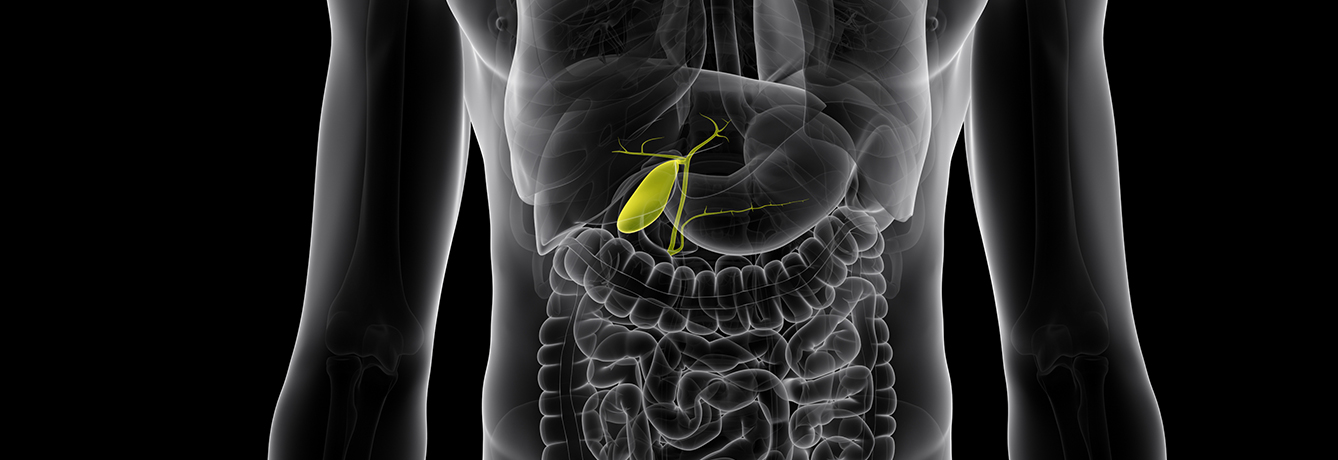Most of the time, the gallbladder is easy to ignore.Unlike vital organs — heart, liver, kidneys — the gallbladder isn’t necessary for life support.Nonetheless, it plays an important role in collecting bile (from the liver) which is used to digest fats.When the gallbladder doesn’t empty as it should, cholesterol and other substances found in bile harden into gallstones which can be as big as a golf ball or small as a grain of sand.Gallbladder disease (cholecystitis) happens when a gallstone blocks the flow of bile out of the gallbladder, resulting in irritation, swelling and possible infection.
Women are twice as likely to be among the 15% of Americans who get gallstones. Other risk factors: birth control pill use (71% higher), obesity (65% higher) and family history (47% higher). What you eat also affects your risk of developing gallstones.In general, fried and highly processed foods, whole-milk dairy products, fatty red meat and eggs raise risk.Conversely, a diet rich in fruit, vegetables, whole grains, fish and nuts may offer some protection (5 oz.of nuts a week lowers gallstone risk by 34% in one study). Coffee drinkers (caffeinated only) also enjoy significant protection. Studies have linked the following nutrients with a lower incidence of gallstones (top sources reflect RDAs for one cup amounts):
High fiber foods: One study showed women with highest fiber intake were 17% less likely to require gallstone surgery.Fiber helps prevent cholesterol from accumulating and crystallizing into stones.Top sources: navy beans (76%), lentils (65%), artichoke hearts (56%), dates (48%) and raspberries (32%).
High vitamin C foods: Research has found an inverse relation between vitamin C levels and prevalence of gallbladder disease: Top sources: guava (630%), red bell pepper (320%), kiwis (280%), broccoli (170%), Brussels sprouts (160%), oranges (160%), papaya (140%) and pineapple (130%).
Low-fat, high iron foods: Animal research linked iron deficiency with higher incidence of cholesterol crystals in bile.Top healthy sources: clams (260%), spinach (35%), lentils (35%), shrimp (30%), white beans (25%) and soybeans (25%).



